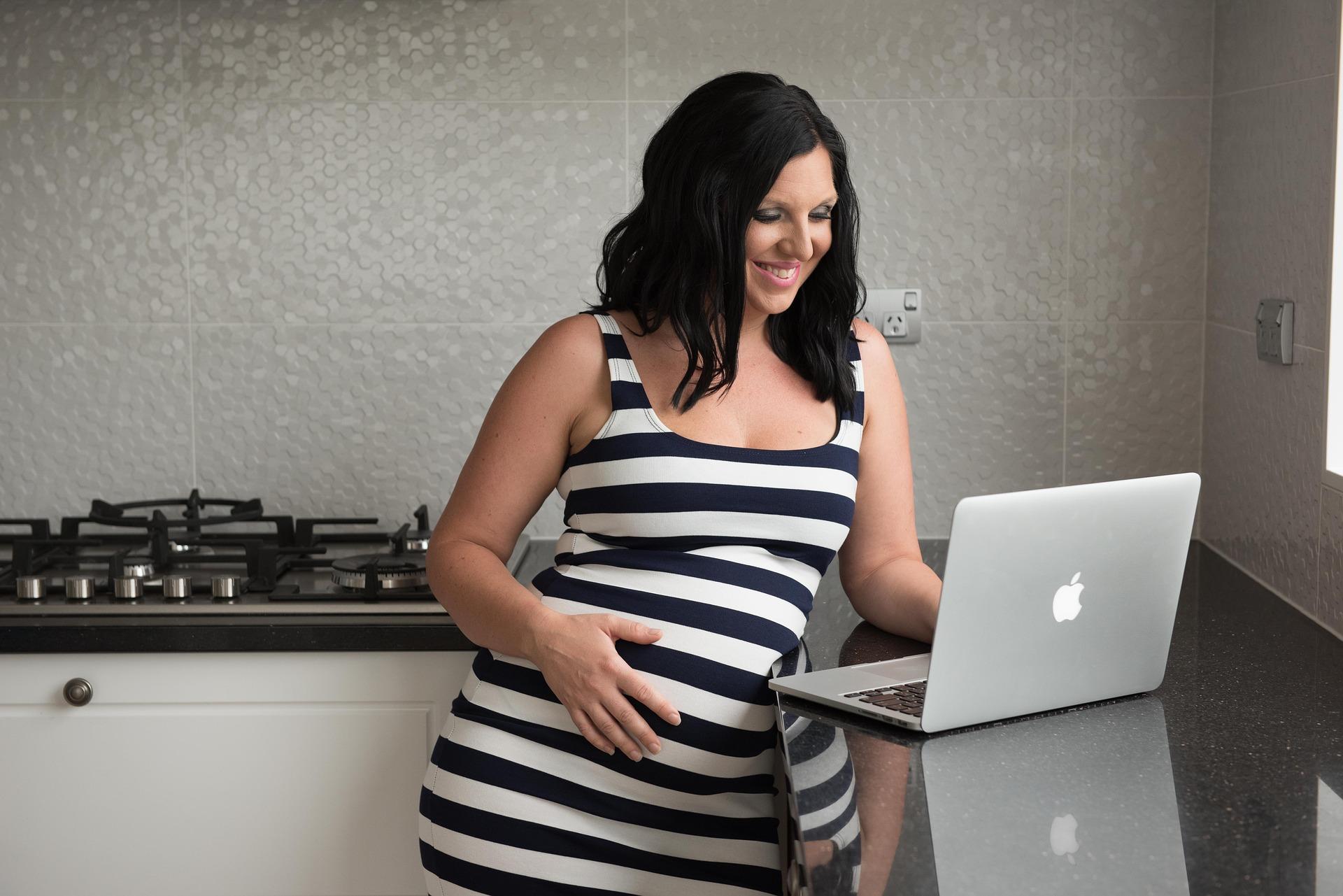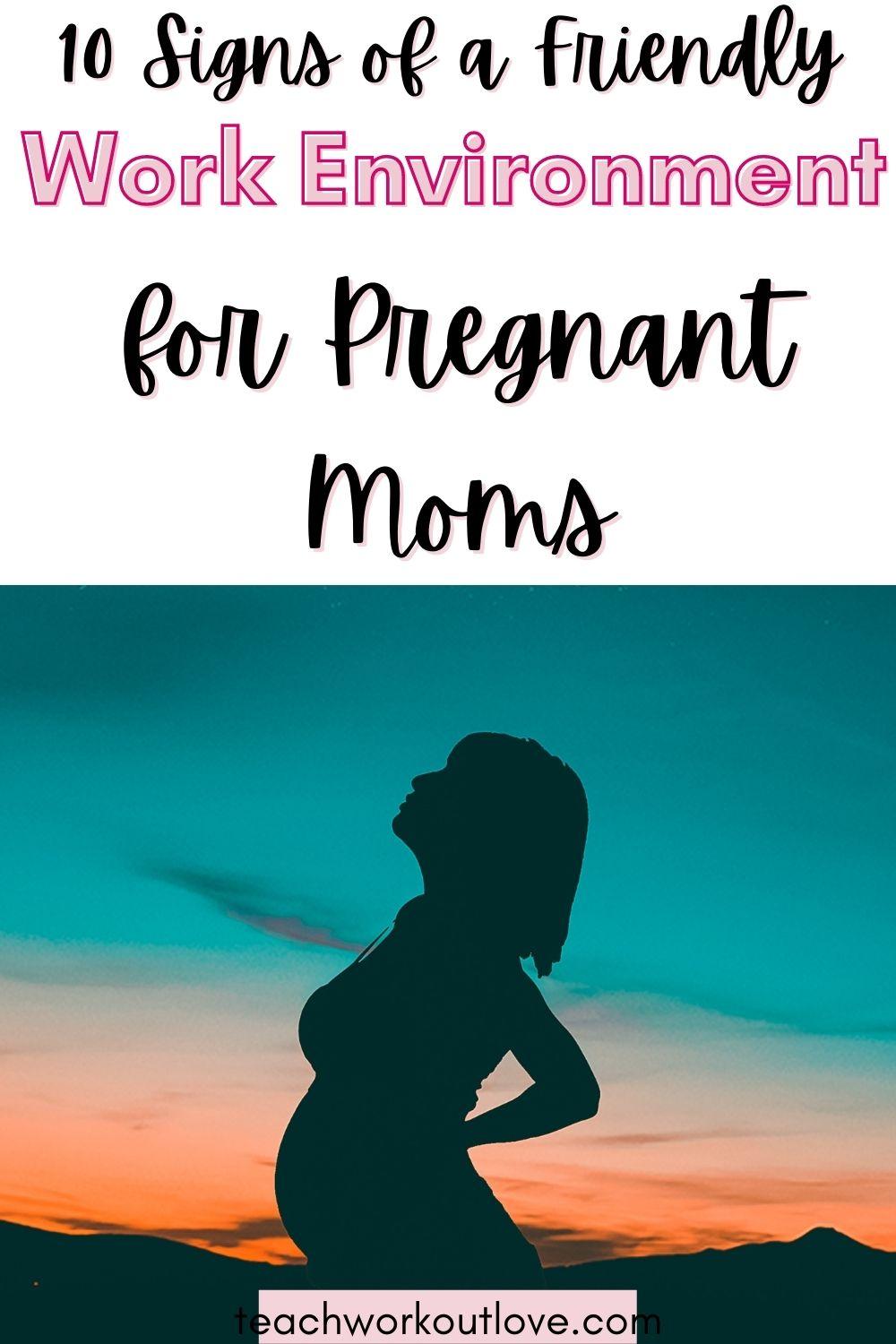
Half of the workforce are women. Among these women, 85% will become mothers, according to the United States Department of Labor. Sadly, they might experience unemployment and mistreatment during their pregnancy.
Pregnant employees face challenges at their jobs due to people’s perceptions. They may be deemed unfit to carry out their obligations. The company may also be held liable for any untoward accidents pregnant employees may face during their shift.
Due to these negative perceptions, pregnancy discrimination has become prevalent over the last decade.
Pregnant employees have been required to leave their jobs. Some companies used to prohibit married female employees to avoid having pregnant women in the workplace.
Protecting the Rights of Pregnant Employees
The thousands of claims over the years have led to a few laws that protect the rights of pregnant employees. Today, companies are also compelled by the law to grant benefits to pregnant employees. Through this, they can have career stability during and after their pregnancy.
The amount of work pregnant moms can do depends on several factors. For instance, women who work in labor-intensive jobs or those that involve chemicals may need to assess their work environment. Another factor is needing adequate sleep and rest to nurture their baby.
Moreover, employers play a significant role in the experience of pregnant moms in the workplace. They need to employ rules that mitigate discrimination based on childcare and pregnancy. They should also implement accommodations that make pregnant employees more comfortable and safer in the office.
10 Signs a Workplace is Safe for Pregnant Employees
Availability of Maternity Leave
Working is not ideal at the last term of pregnancy and the next few weeks after giving birth. The availability of maternity leave is necessary so that pregnant moms can have time to rest and recuperate.
Employees may avail of short-term disability pay. Moms are granted six weeks of paid leave for normal delivery or eight weeks for a C-section. Additionally, the Family and Medical Leave Act (FMLA) of 1993 grants unpaid leave for 12 weeks to mothers and fathers who need to take care of their children.
Flexible Hours
A lot of changes occur during pregnancy that the female employee will need to cater to. Unfortunately, symptoms may disrupt the usual 9–5 schedule. Offering flexible hours will allow her to perform her duties as effectively as possible. She will not have to force herself to function in the workplace despite the discomforts caused by pregnancy.
A workplace may offer options with regard to the changes in hours. For example, a pregnant employee may come in and out later than usual. She can also clock in early to leave early.
Accommodation of Prenatal Appointments
Prenatal appointments are another reason flexible working hours should be available to pregnant moms. Since these are regular check-ups, the employee will need to sacrifice time for work to visit the doctor. As they go further into pregnancy, these visits will become more frequent and may be coupled with tests.
Keeping your employer posted on your schedule helps with the adjustment of your hours. They may need to be informed in advance to arrange the changes in shifts with your other workmates. Be as vocal as possible with your engagements, as this will give way to certain considerations at work.
An Explanation of Job Risks
Employers explain the job risks to their employees the moment or before they are hired. This way, employees are aware of what they are going to face every day. Pregnant workers may need a refresher when they tell their pregnancy about their employer.
This is crucial for jobs that involve chemicals, strenuous labor, and machinery. Beware of the chemicals surrounding you at work since they may harm you and the baby. Carrying heavy loads or walking back and forth may also strain you. Being around constant pounding or noise from machinery may be stressful, as well.
It is not only hard labor that makes a workplace hazardous for pregnant moms. A simple staircase becomes difficult later in the pregnancy. Another factor is uniforms: some jobs use heeled shoes for uniforms, which is not healthy for pregnant moms. Hence, changes will need to be implemented.
Considering Changes in Workload
Aside from flexible hours, apparent changes in workload should be in place for pregnant moms. Workplace burnout is the last thing these expecting mothers need. The regular workload a woman had before pregnancy may not be sustainable when she is pregnant. This results in stress and may lead to complications.
Applying necessary changes in a pregnant employee’s workload may mean reassignment or simply lessening their tasks throughout the day. If she is working in the field, she can be assigned to another office where she can be more comfortable. Additionally, a pregnant employee should be consulted about these changes so that she and the employer are on the same page.
Good and Lawful Workplace Policies
Over the years, the government has passed laws to protect pregnant employees from discrimination. The three essential statutes are Title VII of the 1964 Civil Rights Act, the Pregnancy Discrimination Act of 1978, and the aforementioned FMLA. These laws grant mothers and fathers benefits and leaves and mandate that pregnant employees should be treated fairly.
Workplace rules may vary. Even then, they should coincide with the law to protect the rights of pregnant employees. Consider reviewing the workplace handbook or consult the HR department. Check your rights and the benefits your workplace allows you.
Breast Pumping Room
Mothers have child-rearing responsibilities even when they are back at work after the pregnancy. Breast pumping will then be necessary at certain times of the day, and the employer should give way for this. As prescribed by law, workplaces with more than 50 employees must have a separate private room for breast pumping. Employees who need it should also be granted breast-pumping breaks during their shift.
If the workplace does not have a breast pumping room, you could talk to your employer regarding this concern. They may be able to offer you a clean, private room that can serve this purpose.
Health Accommodations in the Workplace
Pregnancy brings discomfort such as body pains, nausea, and fatigue. Workplace risks also warrant extra protective gear for pregnant moms. Here are examples of health accommodations in the workplace:
- Providing a more comfortable chair
- Adding a back cushion to alleviate back pain
- Making sure the floors are not slippery
- Providing protective equipment to fit pregnant employees’ bodies
The workplace can implement these simple precautions. Not only do they make pregnant moms more comfortable while working, but they also prevent accidents.
The Absence of Discrimination in General
A sign of a healthy work environment is the absence of discrimination. Whether it is gender, race, or socioeconomic discrimination, it should not be present in the work environment.
This is crucial because a pregnant employee may be subject to gender-based discrimination, which could entail a wage gap or disparity in the workload of women. When extended to pregnancy, a pregnant mom may find it difficult to gain benefits, protections, and accommodations.
Overall, it’s great to work in an environment where everyone is treated fairly, one where every person has equal opportunities to advance in their career and have favorable experiences at work.
A Positive Tone Surrounding Pregnancy
A pregnant employee should be able to inform their employer of her pregnancy without any apprehensions. The pregnancy is already a major change. An unpleasant experience at work will just add unnecessary stress. Your employer should welcome the news positively. They shouldn’t make pregnant moms sorry for being pregnant.
With that said, breaking the news to your employer may be giving you doubts. You can take your time breaking the news. However, doing it as soon as possible may be safer since safety precautions will be in place at an early point of your pregnancy.
Promote a Safe and Comfortable Environment for Pregnant Moms
The value of women in the workforce does not diminish the moment they become pregnant. Their rights need to be protected at such a pivotal time in their lives. They need to be free from discrimination at work to feel safe and secure.
Employers have the responsibility to give pregnant moms benefits and time off. Certain changes, such as flexible hours, lighter workload, a private room for breast pumping, and health protocols, should be in place. Pregnant employees should also be informed of the risks they are facing on the job.
For their part, pregnant employees should practice transparency with their employers. This includes disclosure of their pregnancy early on. Throughout their pregnancy, they should come to an agreement with their employer regarding changes.
Therefore, employers and employees should meet halfway. Through cooperation, they can foster a healthy environment, and the rights of pregnant employees are protected.









